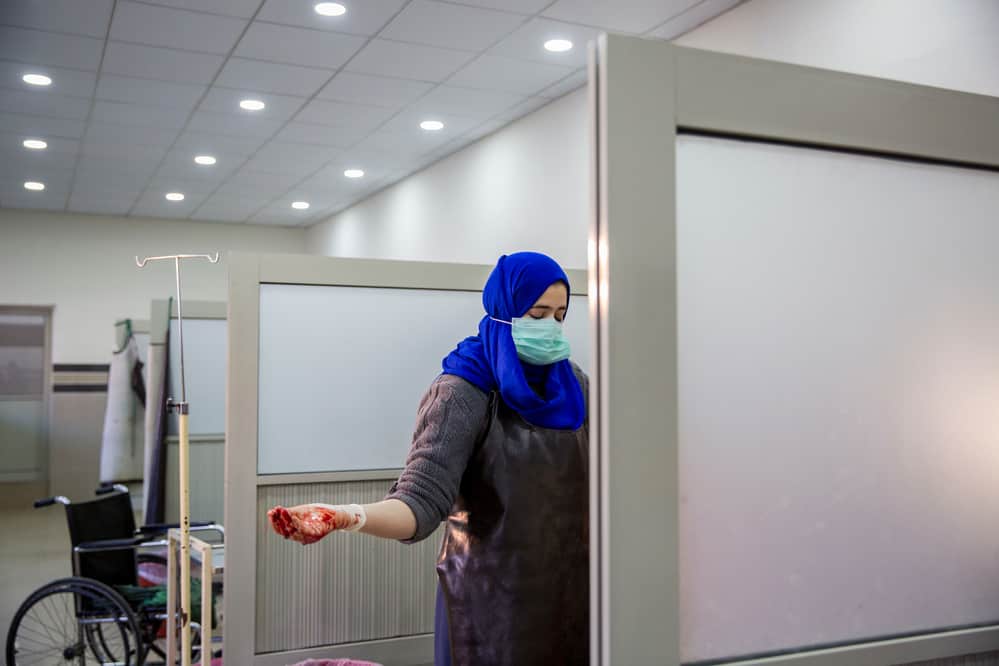
Postpartum haemorrhage is the leading cause of maternal death worldwide, responsible for around 100,000 deaths every year. While around 6 per cent of women giving birth all over the world – in rich and poor countries alike – develop postpartum haemorrhage, 99 per cent of deaths from it occur in low- and middle-income countries. A recent clinical trial found that a cheap, out of patent drug – tranexamic acid – is hugely effective in reducing these deaths. But in many of the countries that need it most, it isn’t always easily available.
In a reported story for Mosaic, I travelled to Pakistan and Nigeria to explore what comes next after a successful clinical trial, and to look in depth at the fightback against high maternal mortality rates.
When the trial results came out in April 2017, the doctors who had worked on it in Pakistan were jubilant. Tranexamic acid, which stops blood clots from breaking down, works in a totally different way from other drug treatments for postpartum haemorrhage, which mainly focus on helping the uterus to contract. “If the patient has had the uterotonic drugs and needs two transfusions, the addition of tranexamic acid means the need for blood transfusions is reduced, as is the need for surgery,” explains Khan. “It’s easily available, cheap, very effective. It’s a magic drug.”
You can read the rest of the story at Mosaic.
Leave a Reply